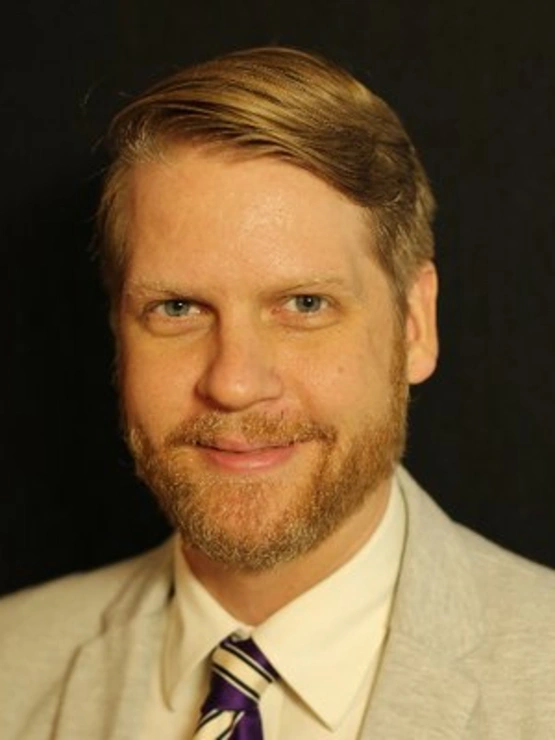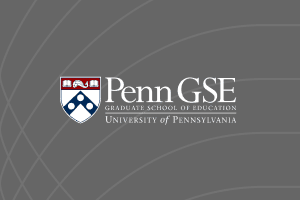
Throughout his professional journey, James Arrington strived to be an educator who empowered students and supported literacies and learning. Now, as a postdoctoral fellow at Penn GSE, Arrington is shaping a new generation of learners.
Arrington aims to inspire students to think independently and be creative while demystifying and critically examining academic institutions’ expectations for writing and literacy.
In his final year as a postdoctoral fellow, Arrington is focusing his research on how graduate and doctoral students reconcile their reading, writing, and literacy practices with today’s digital learning landscape. He is also studying how students and educators respond to contemporary writing practices and alternative curricula, in addition to support systems for literacies and communication.
His goal is to shift the mindset away from rote reproduction to one that embraces digital learning with critical thinking and individuality.
Following graduation from the University of Central Florida, Arrington began his teaching career in Florida, supporting students with autism. Drawn to Penn GSE’s emphasis on critical and social literacies and commitment to building community, he enrolled in the Literacy Studies program to expand his expertise as a scholar–practitioner.
“I became invested in how we could turn literacies, semiotics, and communication into tools of liberation,” he said.
As a doctoral student, he developed and implemented a digital learning and engagement module for Catalyst. He also served as a writing coach for the Penn Chief Learning Officer (PennCLO) program, supporting graduate and doctoral students.
As a fellow, Arrington has collaborated with PennCLO on curriculum and pedagogy while supporting the program’s nontraditional students. He also teaches writing and communication to new and existing students, including helping students in the thesis program navigate literature reviews, dissertation structure, and expectations.
Arrington notes that PennCLO students are senior-level professionals concentrated on scholar–practitioner learning with real-world contexts. Arrington encourages them to write for broader audiences and create actionable work beyond academia.
“I want to ensure they are constructing something they can take back to their organizations, communicate to stakeholders, and translate to other communities,” he said.
As his fellowship concludes, Arrington is developing customized writing instruction to support students’ diverse ideas and ambitions. He envisions working with faculty, instructors, and students to enhance literacy, from undergraduate first-year writing programs to dissertation support.
He observes that students often feel pressured to reproduce familiar academic writing styles shaped by high-stakes testing, professional norms, and past academic experiences.
“I would like to help those students and give them more autonomy in their writing and communications,” he said.
Media Inquiries
Penn GSE Communications is here to help reporters connect with the education experts they need.








